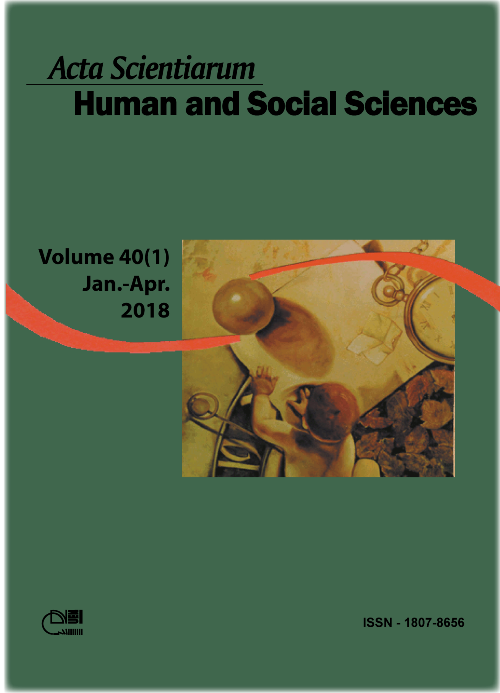Antideterminismo e natureza humana na filosofia de Blaise Pascal
Resumo
O objetivo do presente artigo é abordar a concepção antropológica no pensamento do filósofo francês Blaise Pascal, presente em Pensamentos, dando enfoque à postura não determinista em relação ao homem. Nessa obra o autor apresenta o homem como um ser insignificante no interior de um universo infinito, sem a possibilidade de ter uma posição privilegiada no cosmo. Nesse caso, o homem não possui uma situação ontológica que possa conferir certa relevância a ele no interior do universo. Por outro lado, os princípios da esfera prática, segundo o autor, não passam de princípios fabricados pelo hábito, e, nesse sentido, todos os princípios que fundamentam o agir humano não devem ser considerados naturais e necessários de modo absoluto. Diante desse quadro, é possível perceber na filosofia de Pascal aquilo que chamamos de uma postura antideterminista acerca do homem, pois sua existência não possui relevância em sentido cosmológico, assim como não há princípios absolutos que possam orientá-lo de modo necessário e absoluto na esfera prática. No entanto, a partir de uma reflexão sobre as contradições humanas, presentes no fenômeno do Divertimento (Divertissement), é possível obter uma referência que permita compreender o homem, essa referência é um princípio cristão, o pecado original.
Downloads
DECLARAÇÃO DE ORIGINALIDADE E DIREITOS AUTORAIS
Declaro que o presente artigo é original, não tendo sido submetido à publicação em qualquer outro periódico nacional ou internacional, quer seja em parte ou em sua totalidade.
Os direitos autorais pertencem exclusivamente aos autores. Os direitos de licenciamento utilizados pelo periódico é a licença Creative Commons Attribution 4.0 (CC BY 4.0): são permitidos o acompartilhamento (cópia e distribuição do material em qualqer meio ou formato) e adaptação (remix, transformação e criação de material a partir do conteúdo assim licenciado para quaisquer fins, inclusive comerciais.
Recomenda-se a leitura desse link para maiores informações sobre o tema: fornecimento de créditos e referências de forma correta, entre outros detalhes cruciais para uso adequado do material licenciado.

























